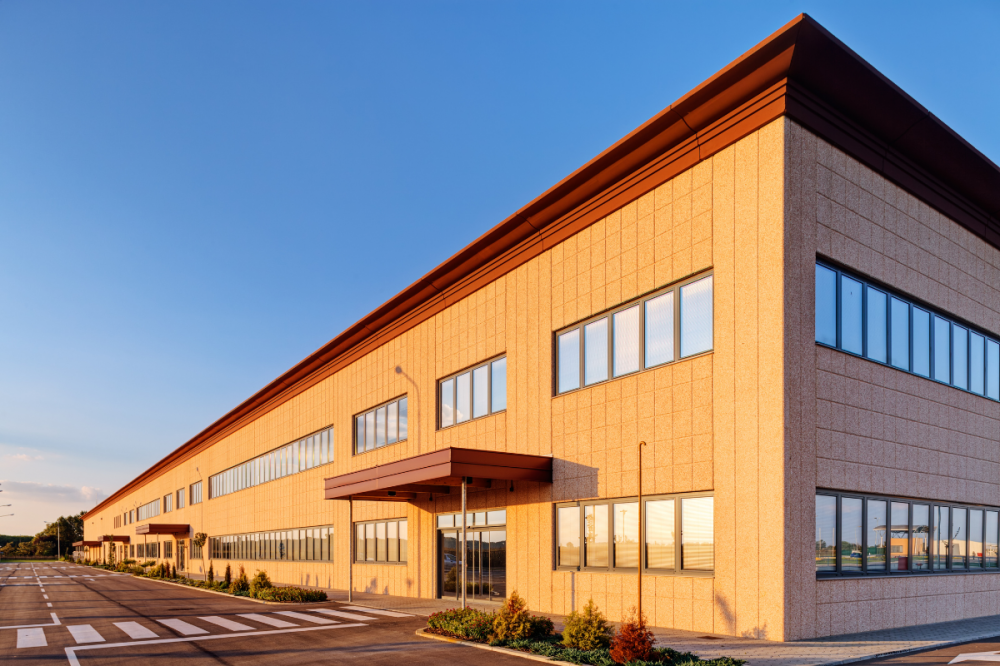|
Boosting Energy Efficiency In Industrial Facilities With Insulation | ||||
|
Introduction: Energy efficiency is a top priority for industries looking to streamline operations and reduce costs. Whether it’s a manufacturing plant, a refinery, or a warehouse, energy consumption is a significant expense. Industrial insulation is one of the most effective solutions for minimizing energy waste and optimizing energy use. By providing thermal control and reducing heat transfer, insulation helps maintain optimal operating conditions while lowering energy costs. Let’s explore how industrial insulation contributes to improving energy efficiency in industrial settings.
1. Minimizing Heat Loss in High-Temperature Processes Many industrial facilities rely on high-temperature processes that require a steady temperature to maintain product quality and ensure the efficiency of the operation. Insulation plays a vital role in preventing heat loss from these high-temperature systems, such as furnaces, boilers, and kilns. By keeping the heat contained, insulation reduces the need for continuous energy input to maintain temperatures. If you're looking for insulation services near me, professional experts can help you choose the best insulation solutions for optimal energy efficiency.This not only saves energy but also ensures that processes are running at peak efficiency, reducing fuel consumption and operational costs. 2. Enhancing HVAC System Efficiency Industrial buildings often have complex heating, ventilation, and air conditioning (HVAC) systems that consume significant amounts of energy to regulate indoor temperatures. Insulation helps these systems work more efficiently by reducing the amount of heat gained or lost through walls, roofs, and windows. For example, in a climate-controlled warehouse, insulation can prevent the loss of cool air, allowing air conditioning units to function with less energy. In colder climates, insulation helps to retain warmth inside, reducing the need for excess heating. By enhancing HVAC efficiency, insulation can lead to substantial savings on energy bills. 3. Preventing Frozen Pipes and Equipment Failure In many industries, pipes, tanks, and other equipment must be kept at specific temperatures to function correctly. Without proper insulation, these systems can be prone to freezing in cold weather or overheating in hot environments, leading to system failures or costly repairs. Insulating pipes and tanks prevents temperature fluctuations that could cause them to malfunction, improving energy efficiency and reducing maintenance costs. For instance, insulated steam pipes maintain consistent heat, reducing the need for additional heating and ensuring the system operates efficiently. 4. Reducing Energy Waste from Air Leaks Air leaks are one of the most significant contributors to energy waste in industrial facilities. Gaps and cracks in walls, doors, and windows can allow warm or cool air to escape, forcing HVAC systems to work harder to maintain desired temperatures. Industrial insulation can fill these gaps and prevent air leaks, improving the building’s overall energy efficiency. By sealing cracks and insulating vulnerable areas, businesses can avoid wasting energy on keeping the building temperature stable, resulting in lower heating and cooling costs. 5. Contributing to Sustainability and Green Initiatives In addition to improving energy efficiency, insulation is a key component in supporting environmental sustainability efforts. As industrial companies face increasing pressure to reduce their carbon footprints and meet environmental standards, insulation is a straightforward way to reduce energy consumption and minimize greenhouse gas emissions. By using energy-efficient insulation materials, industries can contribute to global sustainability goals while lowering their operational costs. Insulation plays a critical role in meeting green building certifications and achieving corporate sustainability targets. 6. Choosing the Right Insulation for Maximum Efficiency To fully capitalize on the benefits of industrial insulation, it’s important to choose the right type of material based on the specific needs of the facility. Some of the most common insulation materials used in industrial applications include fiberglass, mineral wool, and foam. Each material offers unique advantages, such as fire resistance, soundproofing, or moisture control. By carefully selecting the appropriate material, industries can maximize energy savings, improve efficiency, and ensure long-term performance. Conclusion: Industrial insulation is a game-changer when it comes to improving energy efficiency. By reducing heat loss, optimizing HVAC performance, protecting equipment, and preventing energy waste, insulation helps businesses lower energy costs and increase operational efficiency. Beyond cost savings, it also supports environmental sustainability by reducing carbon emissions. For industrial companies looking to improve energy performance and enhance overall productivity, investing in the right insulation solutions is a smart, long-term strategy. To learn more about how insulation impacts your heating and cooling systems, check out our previous blog: Insulation and HVAC Efficiency: What’s the Connection?
| |||
 |
